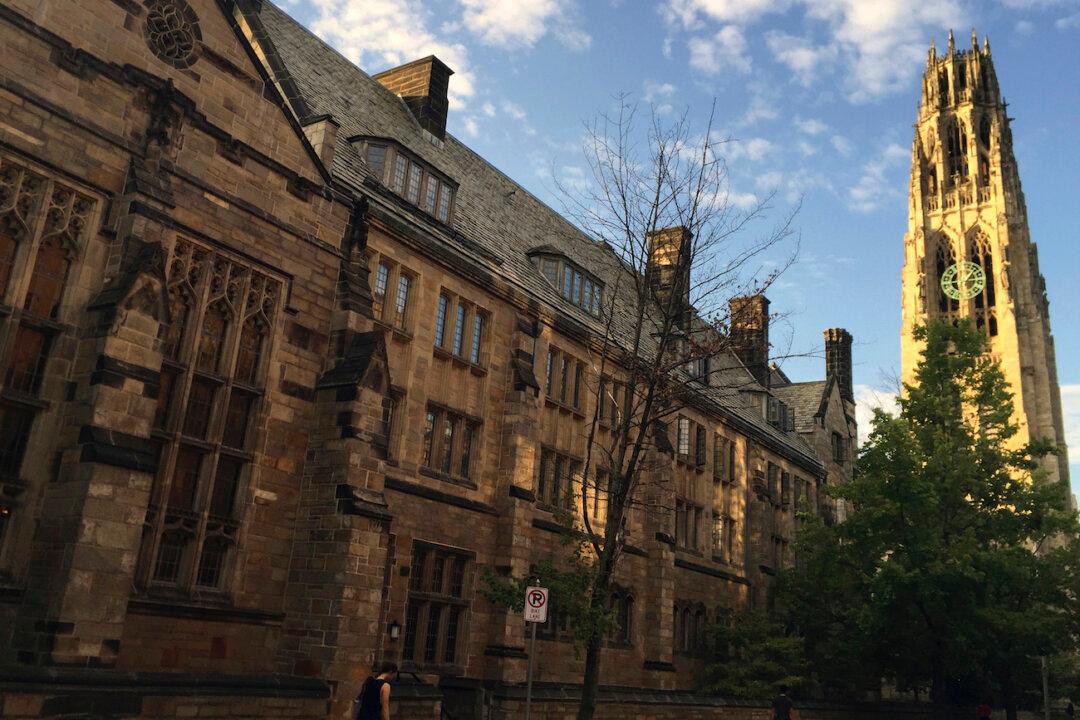Yale University was found to have illegally discriminated against Asian American and white applicants in its undergraduate admissions process, the Department of Justice announced on Friday following a two-year-investigation.
The DOJ found that the Ivy League school violated the Title VI of the 1964 Civil Rights Act—a civil-rights law that prohibits discrimination on the basis of race, color, and national origin in programs and activities receiving federal financial assistance. In particular, the department found that Yale discriminates based on race and national origin in its undergraduate process. The DOJ has notified Yale (pdf) of its findings.




